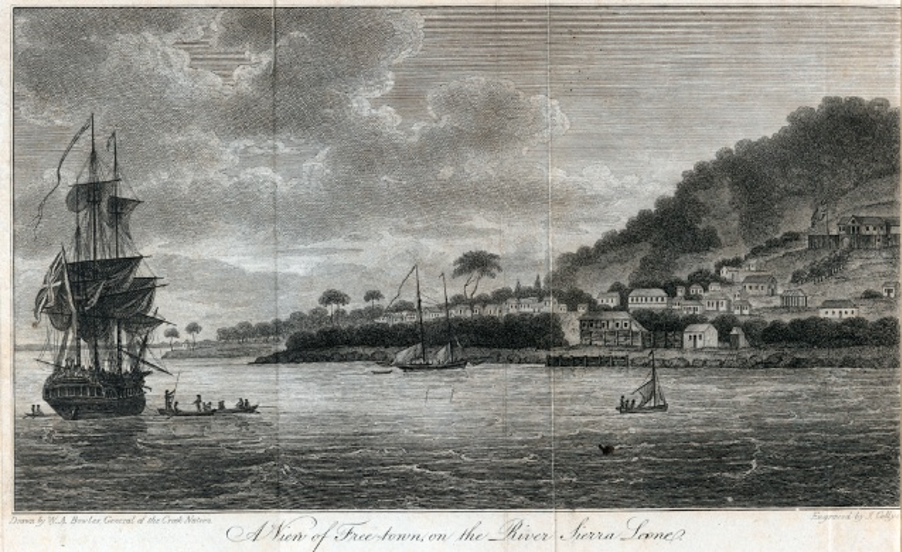
Britain’s parliamentary act to abolish the transatlantic slave trade in 1807 is a standard reference point in histories of slavery and abolition. But much less is known about the consequences of enforcing that act in West Africa, Latin America, and the Caribbean. Enforcement required huge investment in colonial and naval forces to try to stop slave ships from crossing the Atlantic; it caused a build-up of captives on the African coast because some traders could no longer sell them overseas; it prompted other traders to develop a huge illegal slave trade to Brazil and Cuba; and it generated new forms of bonded labour (such as indenture) in the Americas to replace the diminishing supply of enslaved Africans. These changes altered Britain’s political and commercial relationships with polities in Africa and the Americas. This module envisages transatlantic abolition as a set of practices between British agents and the rulers, traders, slaves, and free(d) peoples of different Atlantic societies. How did Britain’s colonial empire adapt to accommodate the influx of Africans from captured slave ships? How did political authorities in Africa and Latin America respond to British demands for abolition? And what did the enslaved make of the transformations wrought by abolition? We will explore these questions using sources such as slave narratives, political pamphlets, travel literature, and diplomatic correspondence. Through this course, students will examine how abolishing the transatlantic slave trade produced new modes of encounter, empire, and labour in the Atlantic world.
